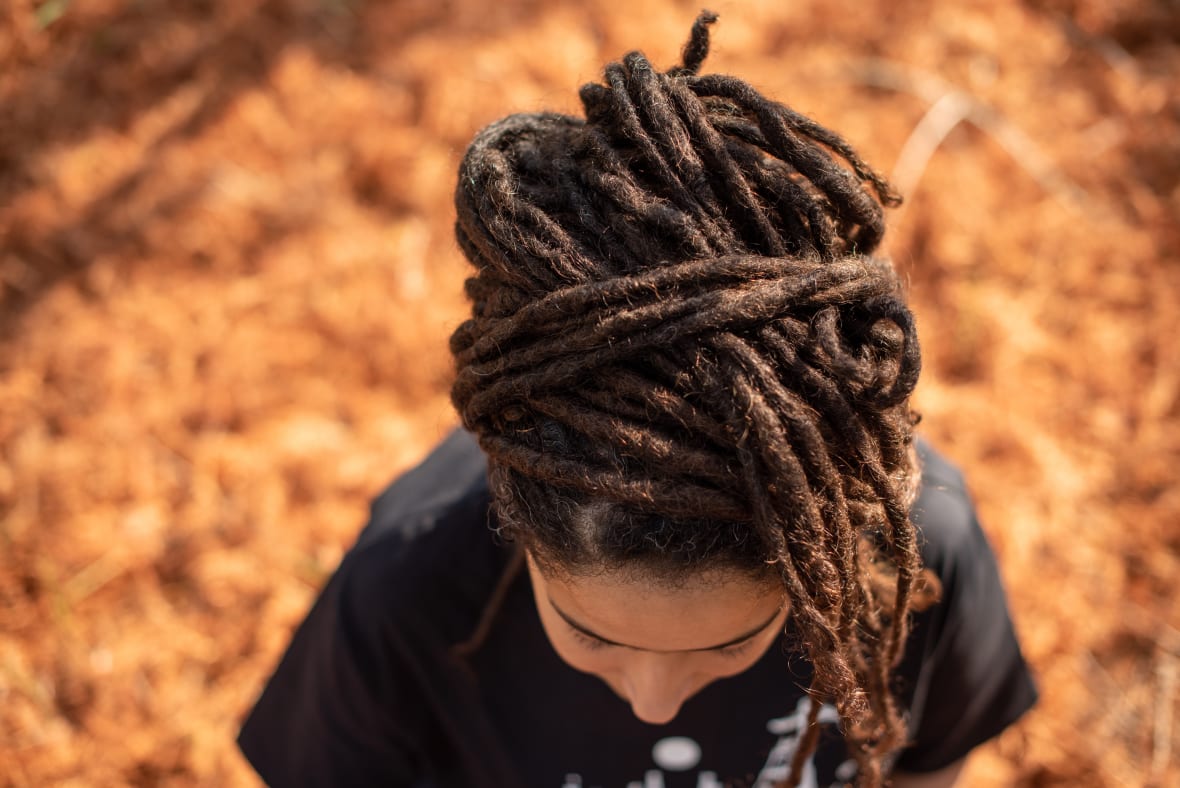Denial of diplomas because of Afros, cornrows leads to push for school rule changes
It was the latest incident in the Caribbean involving a school taking action against students of African descent for their hairstyles.
SAN JUAN, Puerto Rico (AP) — Government officials are pushing to relax hair codes at schools in Trinidad and Tobago following a recent public outcry over nearly two dozen students who didn’t receive their high school diploma because they wore Afros, cornrows and other hairstyles at graduation.
Education Minister Nyan Gadsby Dolly called for new rules that would allow students to wear Afros, locks, twists, plaits and cornrows, which are called canerows in the Caribbean in reference to sugarcane. She presented the proposal during a meeting Thursday with legislators, principals and teachers, noting that wigs or dyed hair wouldn’t be allowed.
The meeting was held more than a week after a private high school in Trinidad prevented 23 graduating students from walking the stage to receive their diploma because of their hairstyles.

Gadsby-Dolly called the incident “unfortunate and regrettable” shortly after it happened, writing on Facebook that: “The time for this conversation in Trinidad and Tobago has come.”
It was the latest incident in the Caribbean involving a school taking action against students of African descent for their hairstyles.
In 2020, Jamaica’s Supreme Court ruled that a primary school had the legal right to ban a 5-year-old student from attending class because she wore locks, sparking an outcry. She eventually was allowed to return to school.
A year later, Jamaica’s Education Ministry warned schools that they weren’t allowed to turn away students taking tests because of their hairstyles after it received complaints of such incidents.
The debate has played out elsewhere, including in the United States, with the U.S. Army dropping a ban on locks in 2017. Then in 2019, California became the first state to prohibit discrimination based on hairstyles including Afros and braids. The bill was signed just months after a referee in New Jersey told a Black high school wrestler he had to cut off his locks if he wanted to compete. Since then, more than 20 U.S. states have approved similar laws, including Michigan last month.
Several days before Trinidad’s education minister called the meeting on hairstyles, she stressed the need for reform in the twin-island nation of 1.4 million people where more than 30% are of African descent.
“Let’s keep discussing weighty matters; our maturity as a nation depends on it,” she wrote on Facebook.
Trinidad’s Education Ministry said in a statement that schools must create their own hair rules by October that reflect a national code that is in the works.
The ministry added that the educational environment is dynamic and requires “adjustments to policies to keep pace with accepted changes in societal norms, values and beliefs.”
Gadsby Dolly warned that students shouldn’t be punished for their hairstyles while a new code is being drafted.
TheGrio is FREE on your TV via Apple TV, Amazon Fire, Roku and Android TV. Also, please download theGrio mobile apps today!

